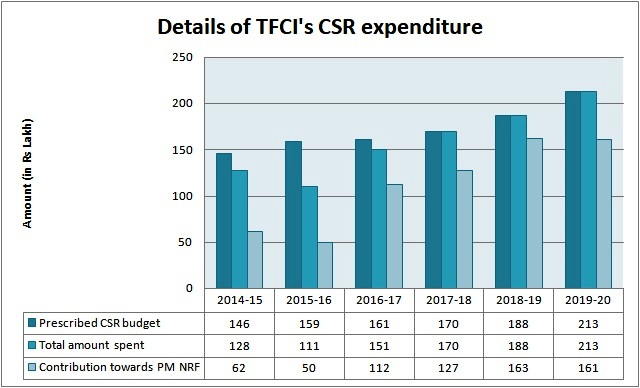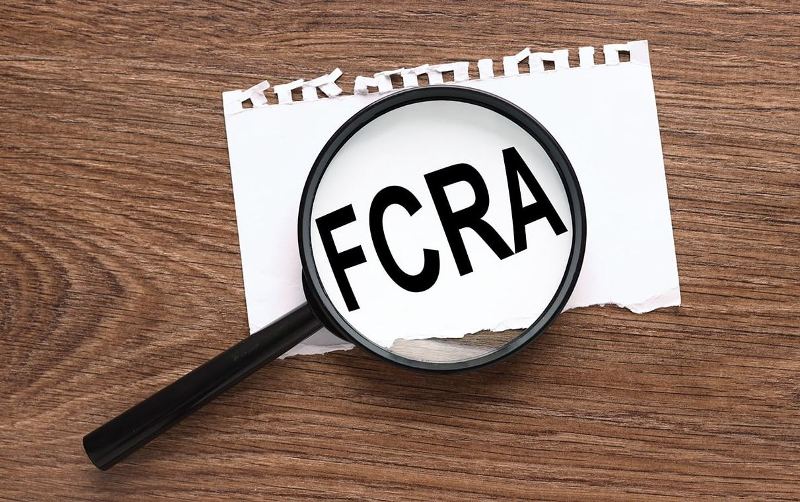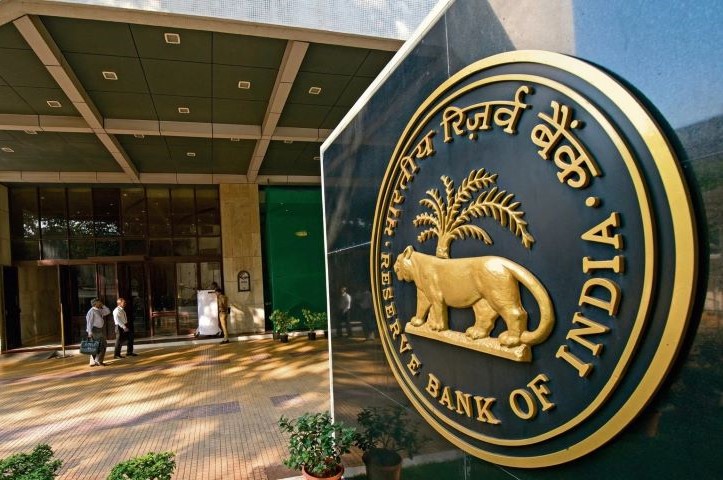New Delhi, 6 October 2020: Going against the spirit of Corporate Social Responsibility (CSR) regulations, Tourism Finance Corporation of India Ltd (TFCI), a financial institution created to give a push to tourism in India, seems to have taken an easy route to meet its annual CSR target.
Instead of taking up development projects and showcasing its managerial skill on ground, the company chose to donate the majority of its CSR fund to the Prime Minister’s National Relief Fund (PM NRF) year after year. For example, in 2019-20, the company donated Rs 1.60 Crore to Prime Minister National Relief Fund out of its prescribed CSR budget of Rs2.18 crore. Out of the total Rs 961 lakh spent by the Company under CSR over the past six years, Rs 675 lakh (more than 70%) was donated to PM NRF.
The Company Act clearly tells that the company shall give preference to the local area and areas around it where it operates, for spending the amount earmarked for CSR activities. In a circular released by Ministry of Corporate Affairs on January 12, 2016 categorically explains the purpose of the law saying it is aimed to "Use of corporate innovations and managerial skills in the delivery of "public goods" is at the core of CSR implementation by the companies."

TFCI was set up in 1988 upon the recommendations of the National Committee of Tourism under the aegis of erstwhile Planning Commission. The company in all its annual reports has kept highlighting its CSR objective to promote tourism in the country, enhancing human skills and protecting national heritage.
These are its three major objectives of CSR activities according to its annual filing
- To support activities aimed at development of human skills particularly needed for the tourism sector.
- To support activities/projects which would promote tourism in the country including protection of national heritage of art and culture, restoration of building and sites of heritage importance, work of art promotion and development of traditional art, handicraft etc.
- To support activities which help cleaner, greener and healthier environment and thereby enhancing TFCI’s perception as a social responsible entity.
However, on ground, the company has been donating the majority of its CSR funds to PM NRF year on year, ever since the Companies Act 2013 was enacted. According to the Act, companies are required to do CSR spend amounting to 2% of their average annual profit over the past three years.
In the initial two years after the act came into existence (2014 to 16), the company donated less than 50% of its CSR budget to PM NRF. However it had failed to spend its prescribed CSR budget for social causes. Next year, it increased its donation to PM NRF; still it failed to spend 2% of the prescribed CSR budget. In the last three years, the company has been meeting the criteria of The Company Act which guides the CSR activities in the country. The company however has not managed to do so by taking up new projects but by increasing donations to the PM NRF.
In 2019-20, many Indian companies have donated to PM NRF or PM CARES and the reason is obvious. Covid-19 pandemic has paralysed the entire system and the country was in dire need of funds. Even the Prime Minister went on asking companies and individuals to donate money to PM CARES to deal with the crises. The Indian government went on amending rules to make PM CARES eligible for CSR donations.
But, if the companies keep relying on such donations for meeting CSR obligation year after year; it will defeat the purpose of engaging expertise of the private sector in uplifting the status of people’s life. This is the whole purpose of CSR regulation of the country.


















.jpg)



